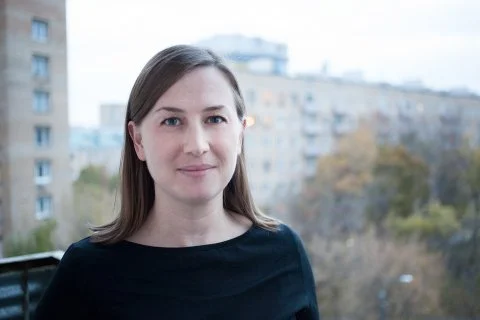McCrisis in Moscow: American Chamber of Commerce in Russia, 1994
Approximate Committee Size: 25 Delegates
Following the fall of the Soviet Union, Russia was navigating the complex transition from a centralized economy to a capitalist market system. Amid economic collapse, food shortages, and startling poverty rates, the grand opening of Moscow’s first McDonald’s became a powerful symbol of Western capitalism and American cultural influence. That same year, the American Chamber of Commerce in Russia, also known as AmCham, was established to promote US business interests in a volatile but potentially lucrative new market. Foreign companies, led by American giants like McDonald’s, saw Russia as a frontier for investment and expansion. However, their presence sparked tensions in the country. While fast food chains provided affordable meals and jobs, they also raised concerns about cultural erosion, foreign economic dominance, and the threat to struggling Russian agriculture. Informal trade competition with America and growing reliance on imported goods exacerbated these anxieties. This committee will simulate AmCham’s early efforts to balance American corporate ambitions with Russian political sensitivities, economic fragility, and food insecurity. Delegates must weigh the opportunities and complications posed by globalization in post-Soviet Russia and determine what the presence of American businesses will bring to the table.
CHAIR: Brooke Lenahan
Crisis Manager: Chakrapani Gudlavalleti
ISSUES TO CONSIDER
Globalization vs. National Sovereignty
Foreign Investment and Economic Fragility
Business Diplomacy in Political Uncertainty
LEARNING OBJECTIVES
Examine the tensions between globalization and national identity in post-Soviet Russia through the lens of American corporate expansion.
Analyze the ethical and economic responsibilities of foreign businesses operating in fragile, transitioning economies.
Understand how cultural diplomacy, food security, and informal trade shape international business relations during periods of political upheaval.
About the Chair
Brooke Lenahan is a member of the class of 2028 at Georgetown’s College of Arts and Sciences. She was born and raised in Boston, Massachusetts. She is majoring in Government and Political Economy. Outside of school she is usually hanging out with her friends at the monuments, or trying to find a new tasty and cheap restaurant. She looks forward to meeting you all and having lovely debates.
About the Crisis Manager
Chakrapani Gudlavalleti is a member of the Class of 2028. He is in the Walsh School of Foreign Service, majoring in Science, Technology, and International Affairs (STIA), concentrating in global public health. He served as a Crisis Analyst in both NCSC LII and NAIMUN LXII. His home is Lexington, Kentucky, where he has ridden horses in the Kentucky Horse Park and enjoys hiking in Appalachia. Outside of Model UN, Chakrapani is a member of Philonomosian and Philodemic Debate Societies, GU Politics Advance Team, Students for Prison Justice, and a Maps of the Modern World TA! He loves visiting the National Mall, riding the Metro with his Hoya Transit Money, and eating at different restaurants in D.C.!
Committee Speaker
Kristy Ironside is Associate Professor of Russian History and William Dawson Scholar at McGill University in Montreal. She is the author of A Full-Value Ruble: The Promise of Prosperity in the Postwar Soviet Union (Harvard UP, 2021) and several articles on the economic, political, and social history of the post-1945 Soviet Union. She is currently finishing up a manuscript on McDonald’s entry, presence, and exit from the Russian market within the broader context of the Soviet/Russian state’s economic aims in a globalizing and deglobalizing world.




